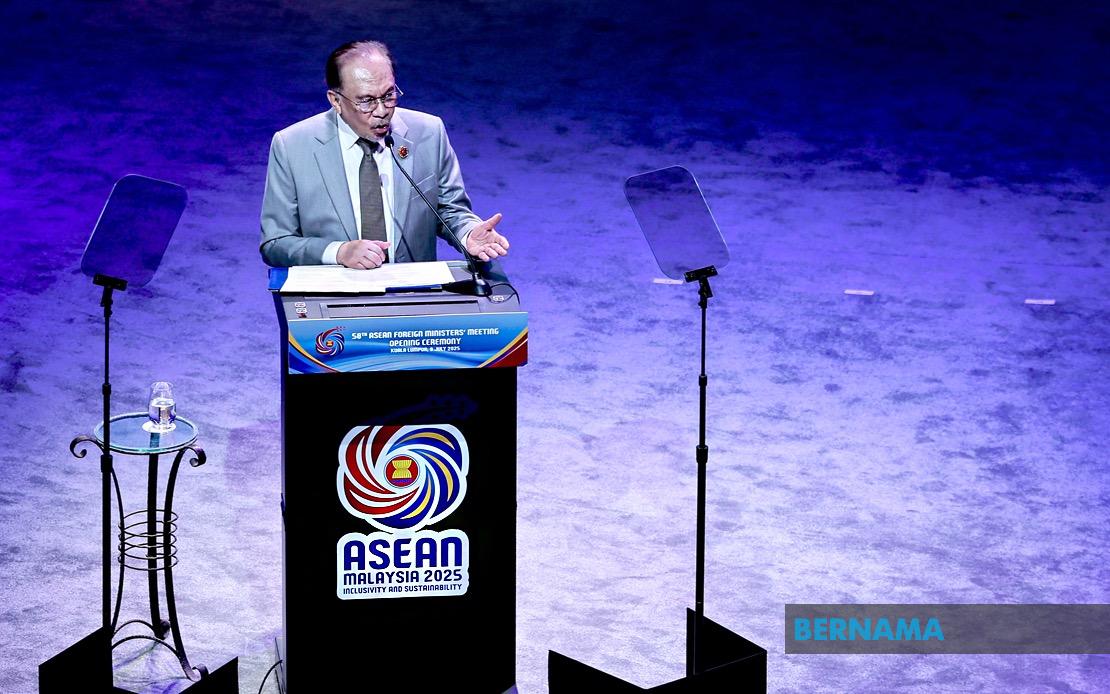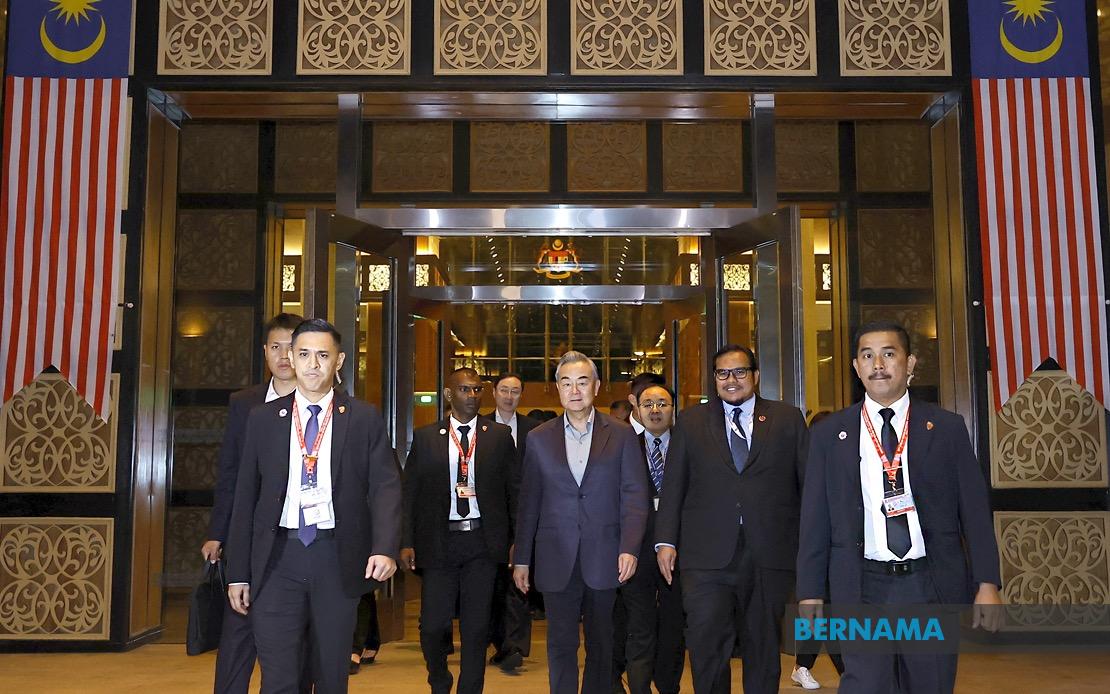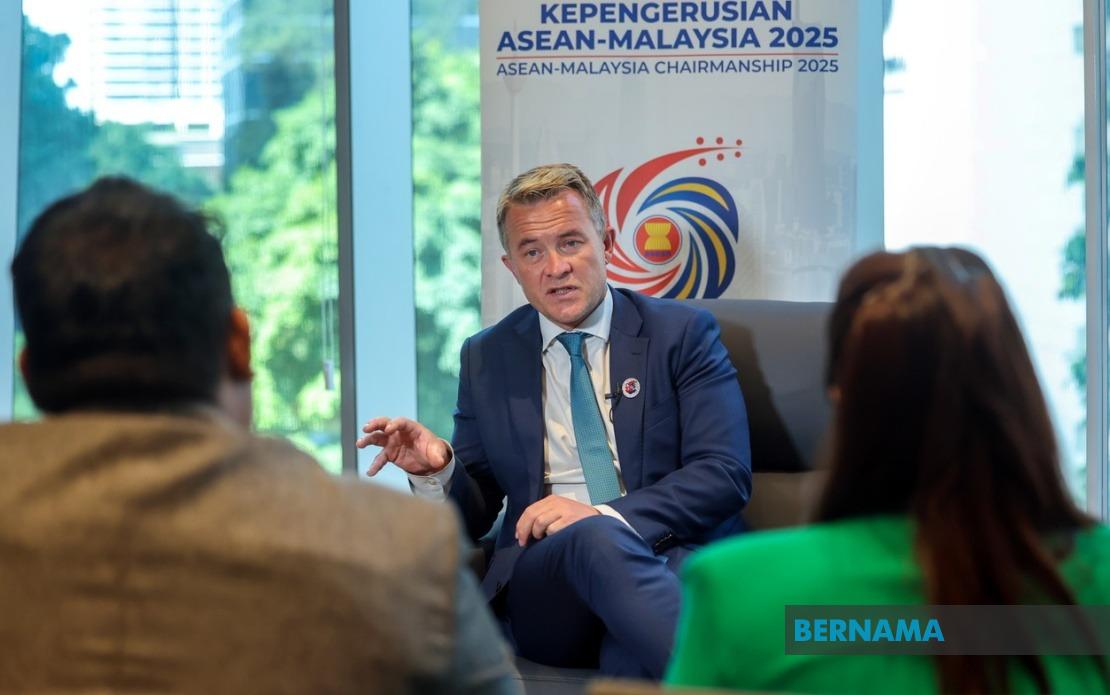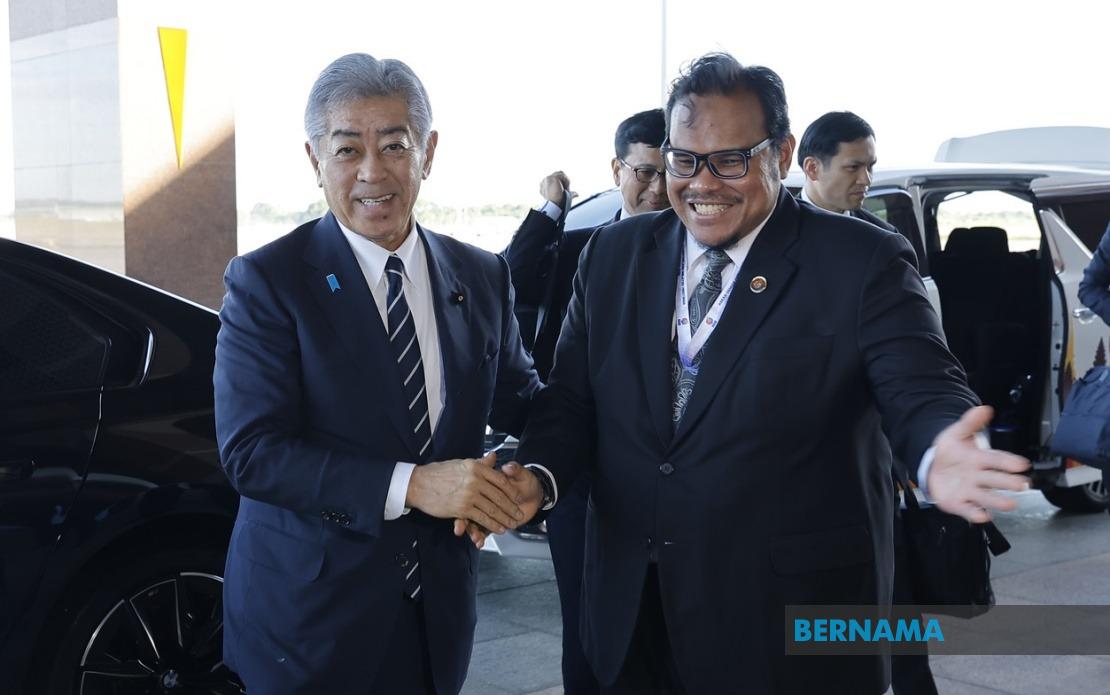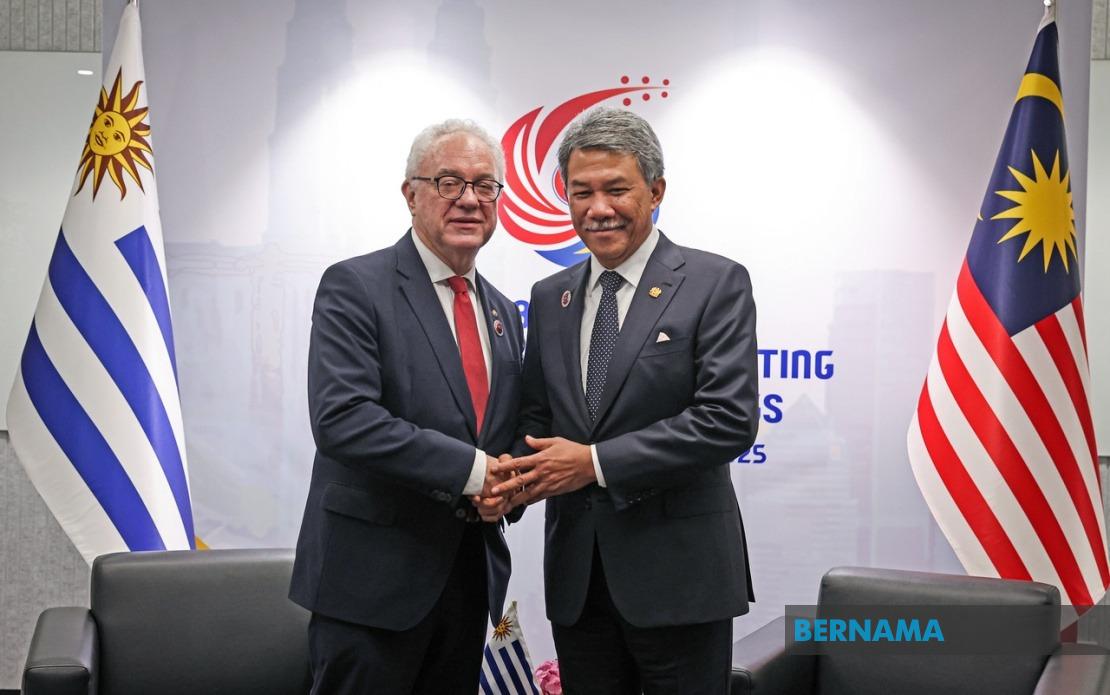LATEST US TARIFFS FUEL CALLS FOR ASEAN TO DROP BARRIERS, LIBERALISE TRADE -- ECONOMISTS
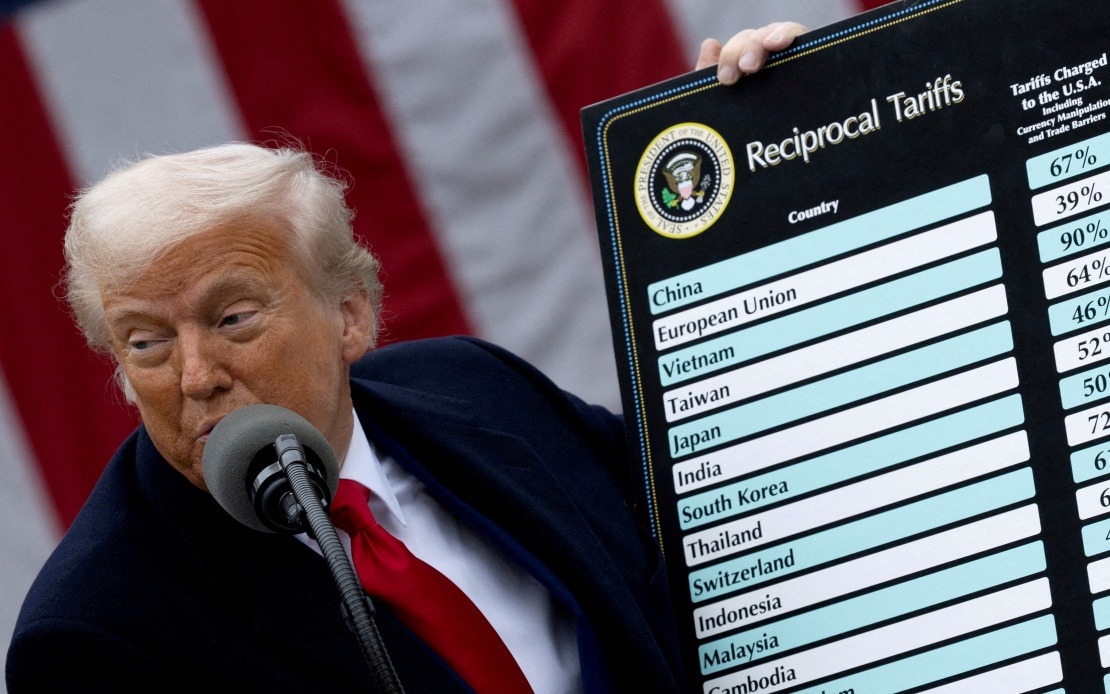
By Nurunnasihah Ahmad Rashid
KUALA LUMPUR, July 9 (Bernama) -- The latest wave of higher US tariffs on key ASEAN economies has reignited urgent calls for the bloc to dismantle internal trade barriers, as economists warn that entrenched protectionism could undermine its long-term competitiveness.
Two days after United States (US) President Donald Trump announced new tariffs of up to 40 per cent on imports from countries including Malaysia, Indonesia, Vietnam and Thailand, economists say the real threat lies not only in Washington’s actions, but also in ASEAN’s failure to liberalise from within by dismantling non-tariff barriers.
“ASEAN is just as protectionist as the US. If we criticise America’s protectionism, we must confront our own,” economist Geoffrey Williams told Bernama, warning that the grouping’s economies should act now.
He said the US shock should be a wake-up call for ASEAN to finally remove the internal barriers it has tolerated for too long.
Williams added that all sectors require liberalisation, including those still shielded by preferential treatment, domestic procurement rules or state-linked monopolies.
He cautioned that despite the pressure to liberalise, meaningful reform might be delayed due to internal political constraints.
“It does not look like there will be further liberalisation soon, even in the face of changing global realities, because each ASEAN country has its own agenda,” he added.
Williams was responding to the sweeping set of new US tariffs issued via formal notices to 14 countries, including six ASEAN members, with the first phase set to take effect on Aug 1.
Among ASEAN member states, Indonesia would be subjected to a 32 per cent tariff, Thailand and Cambodia would face a 36 per cent tariff, while Malaysia would pay a 25 per cent tariff.
The highest tariff rate of 40 per cent would be imposed on Laos and Myanmar. On the other hand, Indonesia and Thailand maintain their existing tariff rates of 32 per cent and 36 per cent, respectively, with no changes.
Meanwhile, the revised US tariffs for Singapore, the Philippines and Brunei have yet to be announced.
While ASEAN has long promoted its ambition to become a single market and production base through the ASEAN Economic Community (AEC), both Williams and Sunway University economics professor Yeah Kim Leng noted that progress has been hindered by inertia, vested interests, and political reluctance to embrace deeper reforms.
Yeah told Bernama: “To offset the expected decline in exports to the US, it is imperative that ASEAN members strengthen intra-regional trade and investment.”
To this end, he stated that top priority should be given to reducing non-tariff barriers, such as product approvals, halal certifications, local procurement rules, and investment restrictions, which currently impede the free movement of goods, services, and capital within the region.
“Trade and investment facilitation, such as expediting customs clearance, simplifying regulations and speeding up business approvals, is urgently needed to unlock ASEAN’s full potential,” he said.
He also highlighted the need to focus liberalisation efforts on sectors with the highest regional integration potential, including electrical and electronics, oil and gas, timber, rubber, medical devices, pharmaceuticals and high-tech (technology) industries like robotics and artificial intelligence.
Both Williams and Yeah concurred the latest US tariffs should act as a strategic turning point, catalysing ASEAN not only to accelerate regional integration but also to deepen economic ties with other blocs through trade pacts such as the Regional Comprehensive Economic Partnership, the Comprehensive and Progressive Agreement for Trans-Pacific Partnership, as well as the ASEAN-EU (Europeran Union) cooperation agreement.
Asked whether a legally binding investment framework among ASEAN members is now necessary, Yeah responded affirmatively.
“Any regional policy initiative that facilitates cross-border investment and strengthens investor confidence, including access to financing, will be growth-promoting and essential to offset the potential loss of the US market,” he said.
Meanwhile, Williams stressed that ASEAN has little time to waste, despite these challenges.
“Consumers will not wait for policy reform. Protectionism, whether in Washington or within ASEAN, ultimately hurts competitiveness, investment and the people,” he said.
Earlier today, Prime Minister Datuk Seri Anwar Ibrahim, who officiated the 58th ASEAN Foreign Ministers’ Meeting (AMM), called on ASEAN to strengthen internal integration by expanding intra-regional trade and investment, as well as accelerating sectoral integration, to enhance resilience and relevance.
“To build a stronger, more connected ASEAN economy is a strategic imperative that will anchor our relevance and resilience for decades to come,” he said.
Meanwhile, Investment, Trade and Industry Minister Tengku Datuk Seri Zafrul Abdul Aziz said Malaysia will continue its firm stance in crucial matters related to national interest and sovereignty in its ongoing negotiations with the US on tariffs and emphasised that there were specific red lines that Malaysia would not compromise on during the negotiations.
“The goal has remained clear to secure our export market access, modernise our economy and safeguard Malaysian livelihoods for the long term,” he told a press conference here on Wednesday to explain Malaysia’s stand and its next course of action in relation to the recent US tariff announcement.
-- BERNAMA
